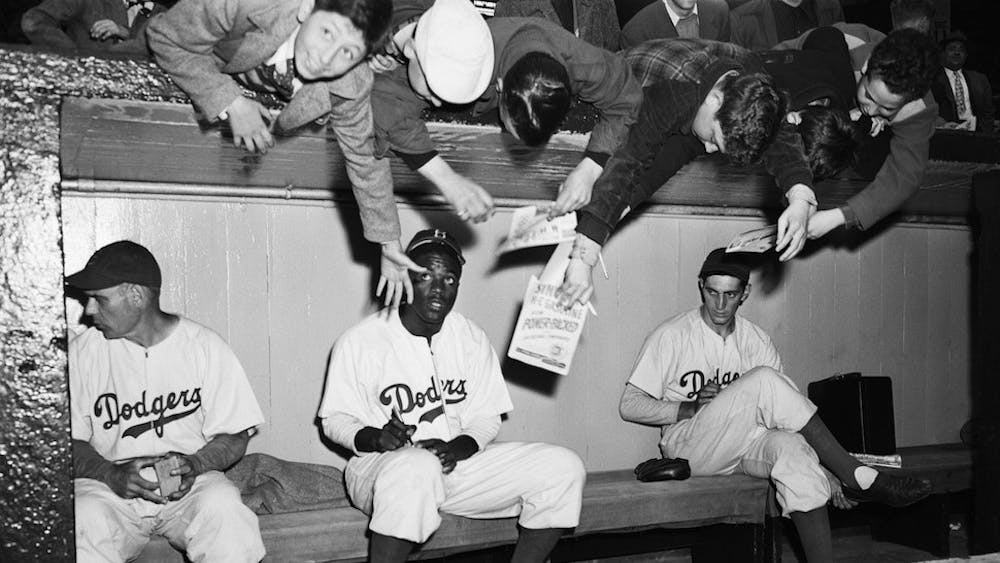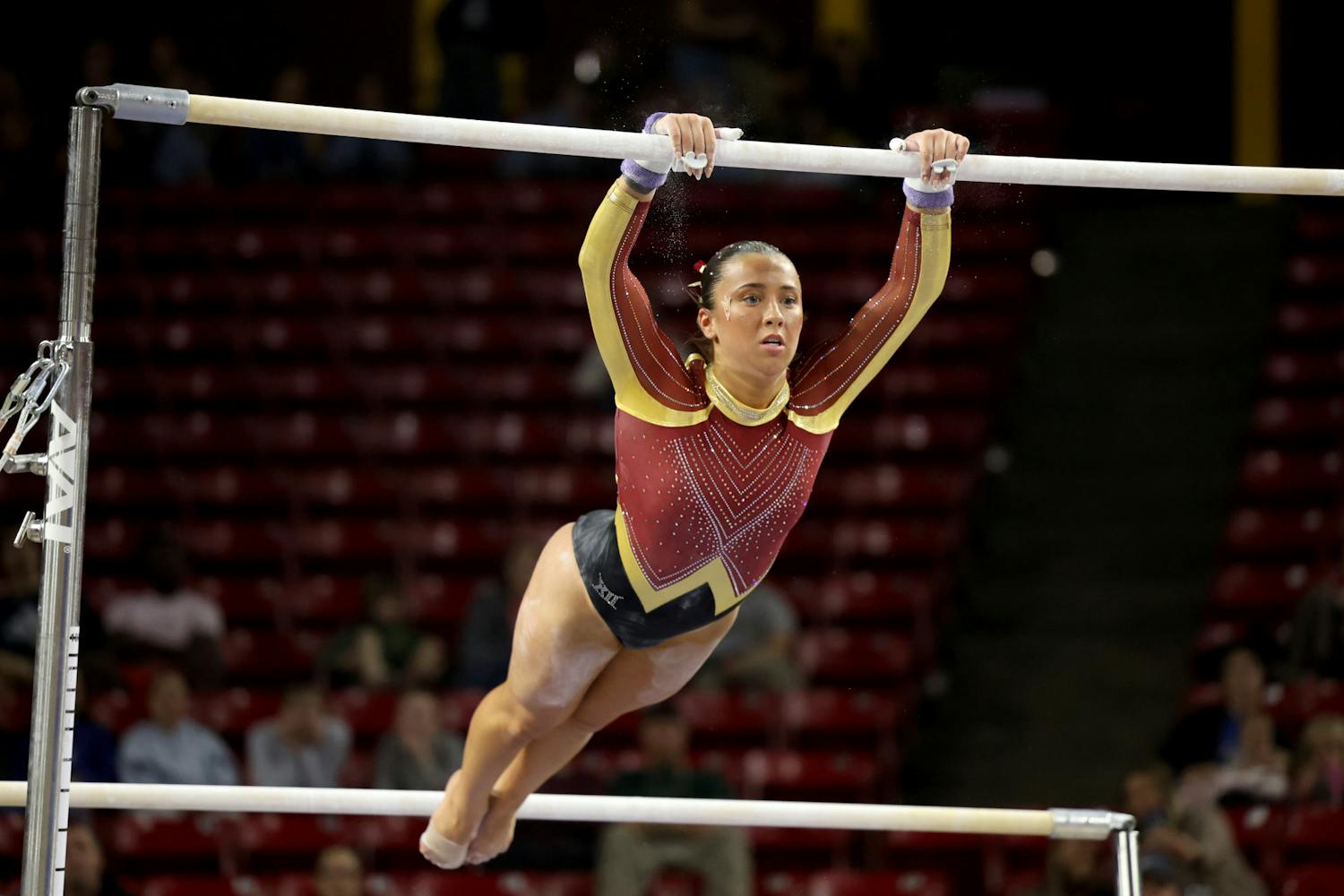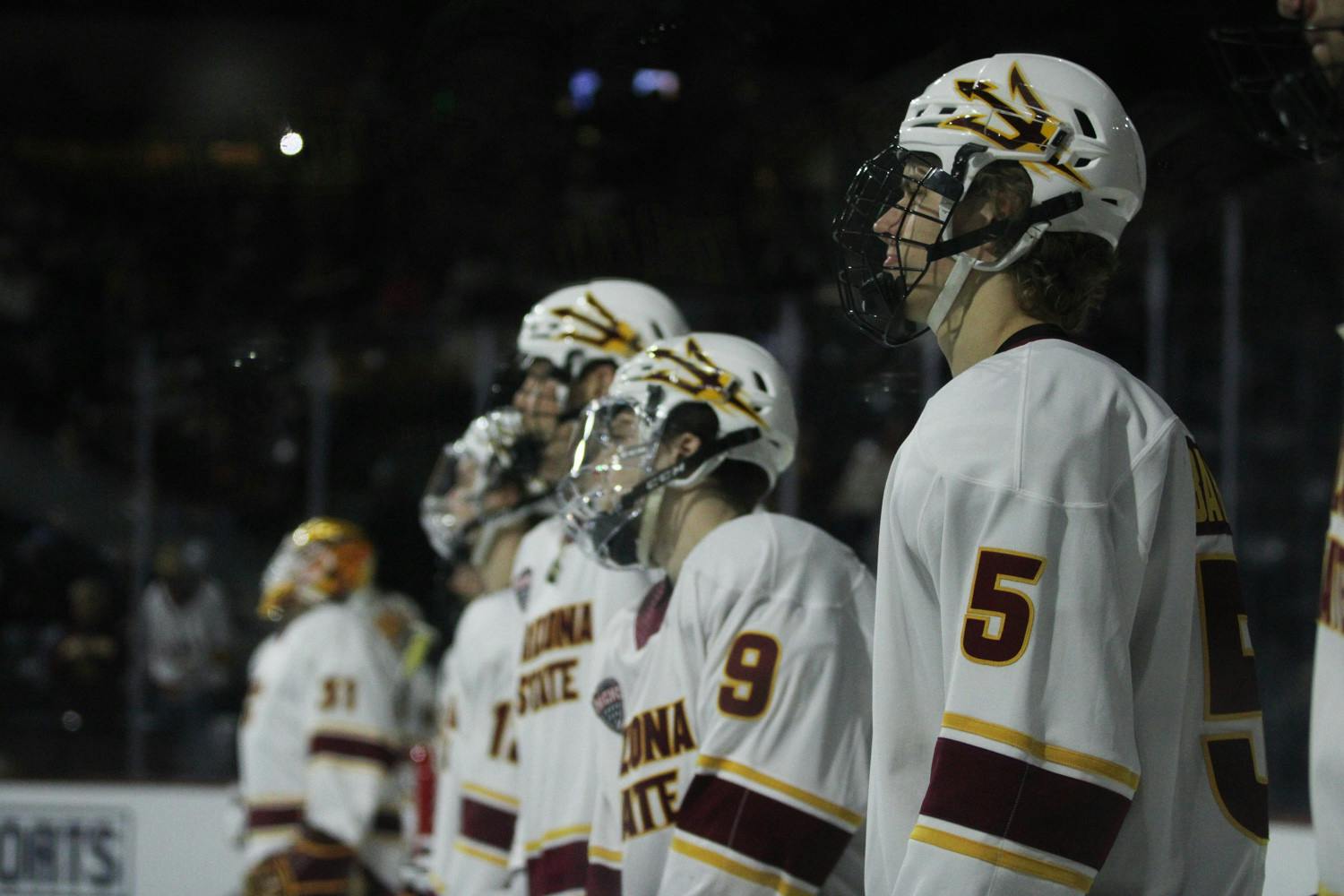Autographs have been around since people could write. A signature is one of the most personal things one person can give to another. The John Hancock of someone famous is especially valuable — the business of buying and selling autographs, especially in sports is booming, but also has an underbelly.
One of the biggest issues when collecting sports autographs is authenticity. All it takes is a pen and an image of the real signature for someone to forge a signature. The way someone crosses their T’s and dots their I’s matters a lot in this industry.
 Eddie Dweck, the first child on the left, gets an item signed by Jackie Robinson prior to an exhibition game on April 11, 1947. Robinson would break Major League Baseball’s color barrier four days later. Photo courtesy of Corbis Images
Eddie Dweck, the first child on the left, gets an item signed by Jackie Robinson prior to an exhibition game on April 11, 1947. Robinson would break Major League Baseball’s color barrier four days later. Photo courtesy of Corbis Images“I’ve heard figures as high as 95 percent of all autographs for sale are fake,” said Brian Marcy in an email, the owner of Scottsdale Baseball Cards in Scottsdale, Ariz. Marcy buys and sells baseball cards and autographed memorabilia in his store, including items signed by Michael Jordan, Wayne Gretzky and Mickey Mantle. “Only buy items with proper certification,” Marcy said. “Many companies are trustworthy because they only certify items that are signed in front of them.” Professional Sports Authenticator (PSA) is the go-to company in order to get items certified, Marcy said.
“Go on eBay and you’ll see examples that are laughable and some that are pretty good fakes,” said Matt Raymond in an email, founder of the website Autograph University, which gives tips and tricks to autograph buyers, sellers and collectors.
“Buyers should be skeptical and it makes it difficult for sellers who aren’t as well known to build that trust and prove authenticity. With so many questions about authenticity and the need to educate collectors, it’s part of doing business and dealers should be proactive about offering that assistance to their customers,” Raymond said.
“Authenticity is really the most important thing,” said Bob Jones in an email, owner of the website autographworld.com, which sells celebrity autographs. “The most important thing when selecting a dealer is reputation.”
It can be difficult for collectors to get their autographs in person. The older someone gets, the more difficult it becomes because professional athletes are more inclined to sign for younger children. A stereotype exists within the collecting community that the old guy with the backpack full of items is just there to get items signed to sell back later.
“It can become a mosh pit. This type of behavior has made an impact on the signing habits of athletes and celebrities and I don’t blame them for looking at a 31-year old guy like myself with a blue Sharpie and assuming I am a dealer,” Raymond said. “It’s unfortunate and I don’t like it, but the relationship between the famous and fans has disintegrated in large part because of the commercialization of the hobby. Greed has led to the volatile environment.”
It’s a hobby many people enjoy and amateurs make mistakes. Many times it’s luck and being in the right place at the right time in order to get the autograph a collector wants. “Collecting autographs in person is very difficult if it isn’t at a convention. It is really only for professionals,” Jones said. Jones gave an example to possibly hang out at restaurants or hot spots for celebrities, but it’s hard to know where or when anything is happening.
It’s a little easier to collect in person from athletes, especially at games. “Arrive 4-5 hours before a game and scout the area around the park,” Raymond said. However, people still make mistakes. Raymond advised to only use high quality materials such as real major league baseballs for signatures at baseball games, so the signatures won’t fade away in the sunlight. An autograph on a jersey or full-size basketball will be worth more than something on a piece of paper or a hat.
Luckily for the industry, the recent economic downturn didn’t affect sales much. “If you have quality items are fair prices they will sell in any economy. “The bad economy has definitely affected the number of people buying in a big way. Conversely, we get many more autographs offered to us for sale as people try to make some money to pay the bills,” Jones said.
“My business (Scottsdale Baseball Cards) is better than ever the last few years due to some amazing collections I have purchased and sold,” Marcy said.
“I think the economy may motivate more people to supplement their income by selling autographs and in turn, buyers may be looking for low-cost options,” Raymond said.
If you have any suggestions as to what you would like to see me write about or cover this semester, have a comment about a recent post or simply want to talk sports, contact me at nkruege1@asu.edu or via Twitter @npkrueger




